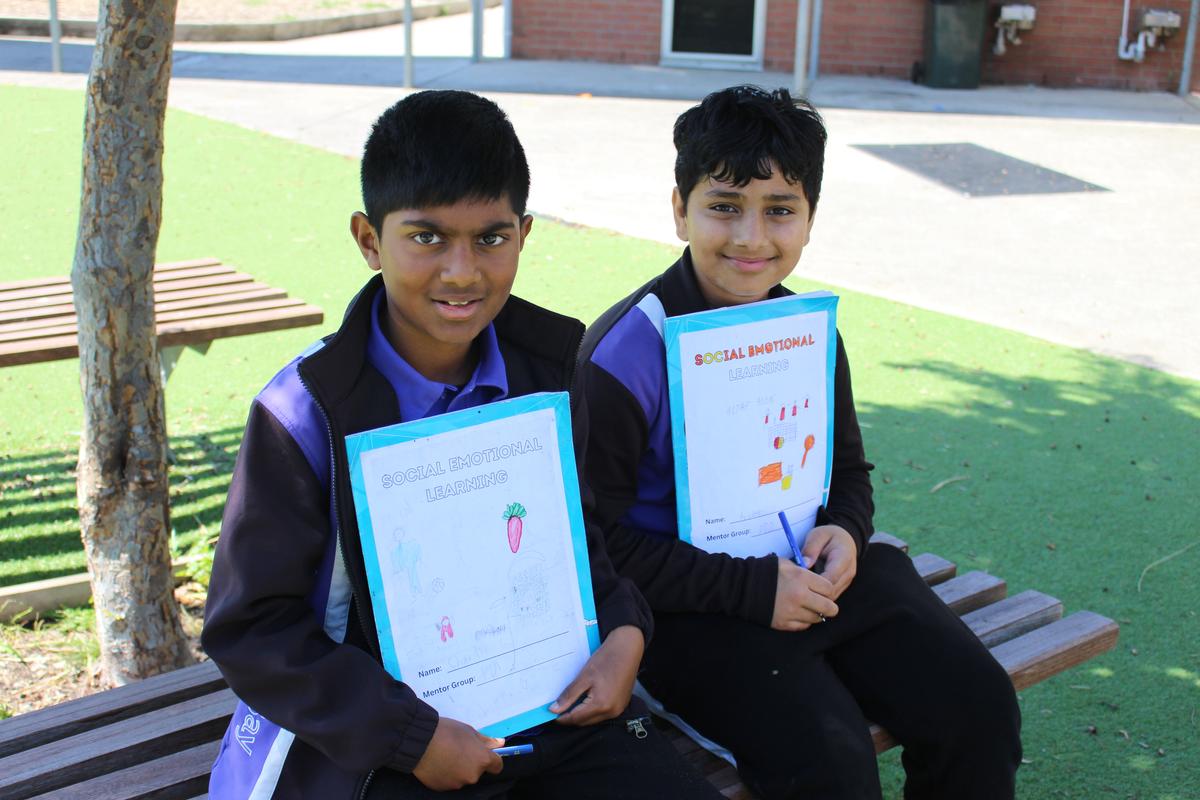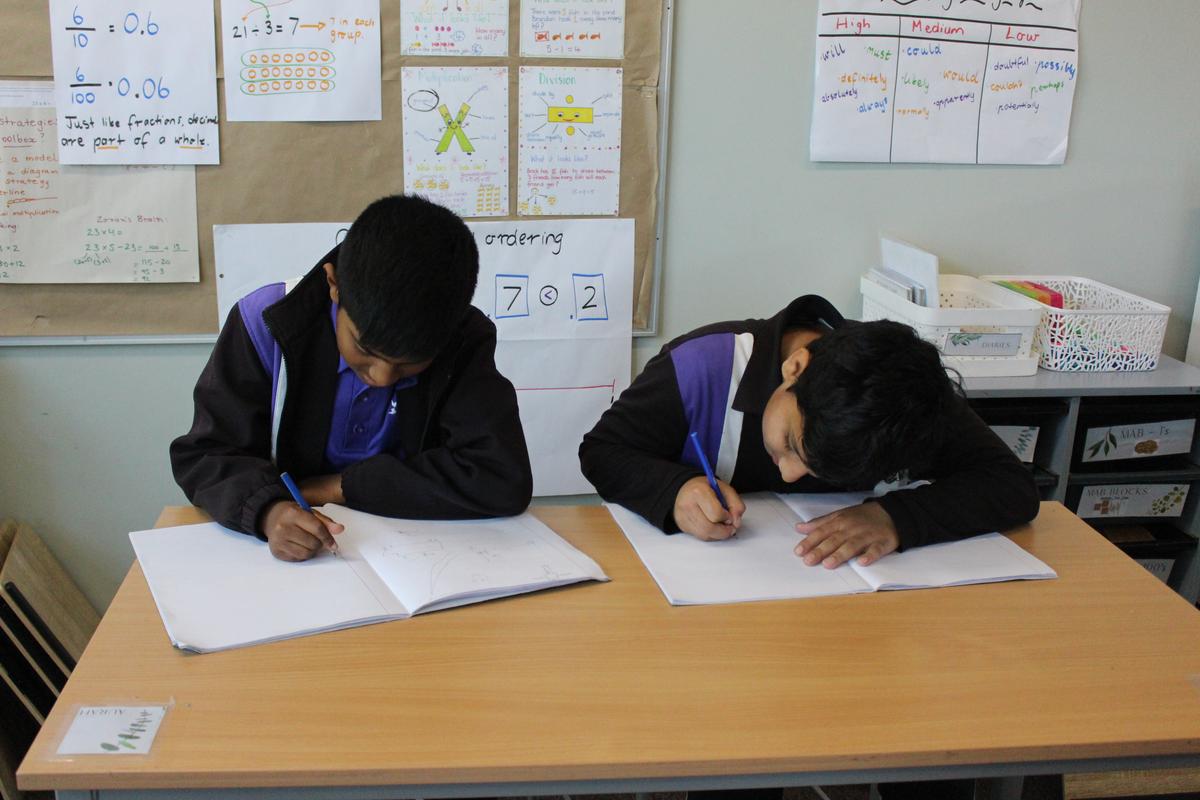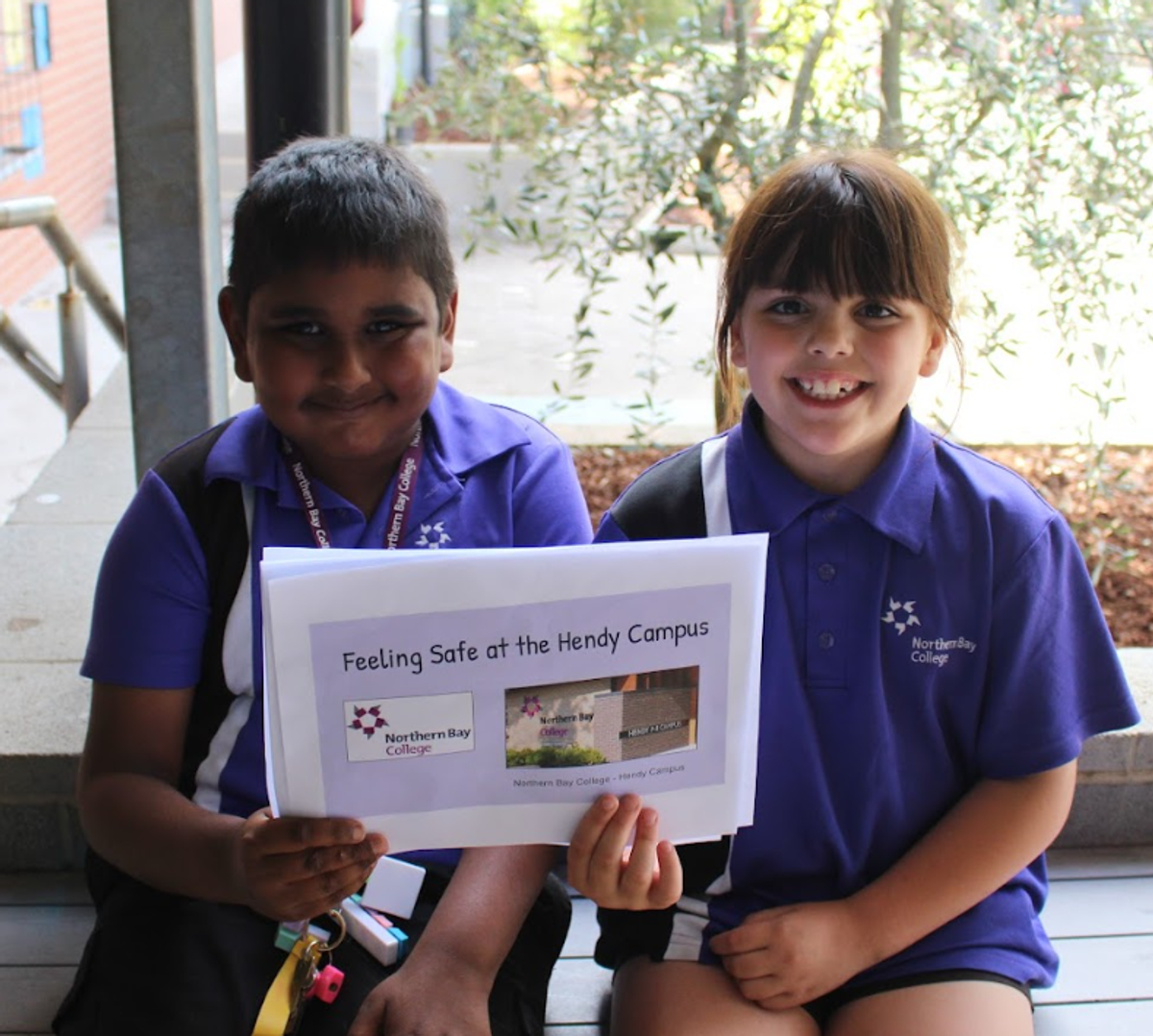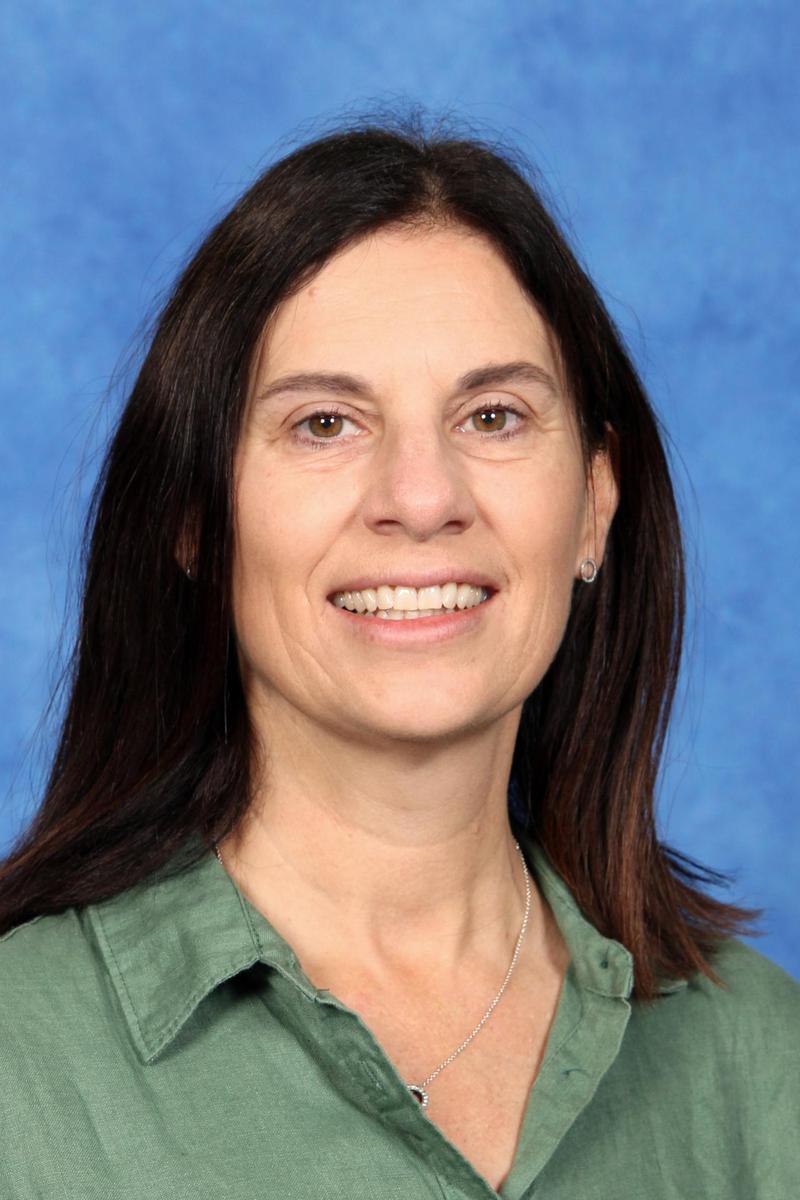Inclusive Practices
November 2024

Inclusive Practices
November 2024
Social and Emotional Learning, or SEL class, is one of the specialist classes at NBC. Students learn all about themselves and how to interact with others in safe and healthy ways.
In Term 3 students focused on gender, identity and violence prevention. We learned a lot about respecting ourselves and others, appreciating our differences, and what behaviour is and isn’t okay.
Some reflections on the term from students:
Avishek, PD2: SEL class has taught me how to control my emotions, I really like it when we play games while we’re learning.
Charlie G, PD1: SEL class has taught me what we can do and are allowed to do and what we are not to do. It’s fun and you get to learn more real stuff than general class.
Ronnie, PD1: SEL class has taught me a lot about gender stuff. The learning is really fun and I particularly like working with groups.




In Term 4 we are focusing on problem solving and help seeking. Students will learn a variety of different problem solving strategies, focusing on looking forward to the consequences of their actions. They will also recognise who is available to them to help for a variety of different problems, and rehearse what asking for help might sound like. It takes trust and courage to ask for help. You can encourage your child to share this learning with you in term 4 to help build these skills.


Griffin Errey
Social Capabilities Lead Teacher


Pictured; Imani and Silas with a social story
Social stories are helpful tools that support children and young people as they navigate changes and develop important social and emotional skills. They are especially beneficial for neurodiverse children, but can be used by kids of all ages.
These stories are short and focus on specific social situations, interactions, and coping with changes. By breaking down complex scenarios into simple, clear steps and visuals, social stories make it easier for children to understand what's happening.
Social stories can be used to help children develop skills in many different areas, for example:
The devastating fire at the Hendy campus created a need for various social stories to help our students cope with the many changes they’ve experienced over the past few weeks.
Classroom teachers shared a Social Story with the entire class to support every change that occurred. Some students received hard copies of the stories to take home, based on their individual needs.
Play the video to hear A reading through one of the social stories regarding the fire at the Hendy Campus and how this supported her.


Kylie Armstrong
Assistant Principal of Inclusive Practice